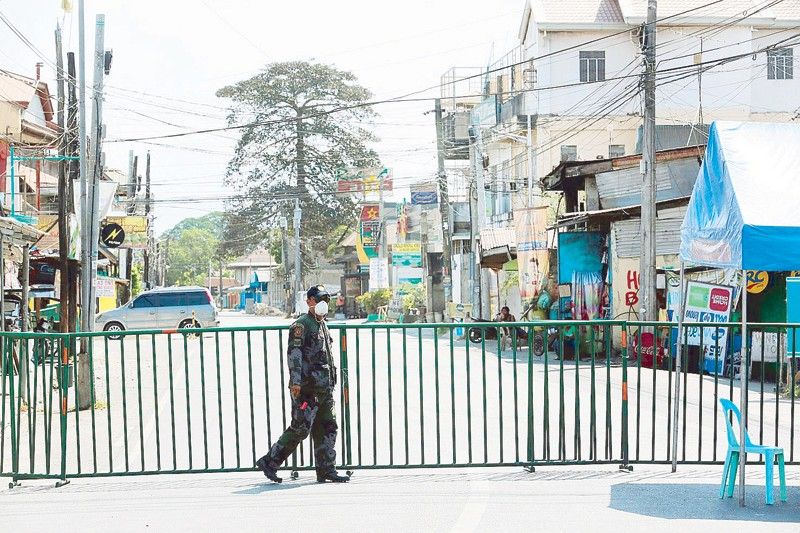Scratching the surface of Planet Corona

I have not worn an N95 mask anytime this year. I would wear one if I came down with the flu or cold, and still had to move around and then, I’d be wearing it more in consideration to others. I’m not being fatalistic or foolhardy but I realize there is a worldwide shortage of the masks, thanks to the coronavirus disease 2019 (COVID-19) pandemic that has gripped the entire globe, and am sure there are individuals who are in more dire need of the masks, and/or are using it out of necessity.
Given that the sustained and continuous transmission of COVID-19 has created major lifestyle changes for everyone, I’m reminded that the term “pandemic” refers to transmissibility and geographical extension, and not necessarily, to the lethality of the SARS-CoV-2 virus.
If anything, there is simultaneously a pandemic of fear, ignorance, and misinformation; with irresponsible individuals utilizing social media as the major culprits. Impacting business, livelihoods, politics, and public opinion, and jumpstarting latent racism, xenophobia, and jingoism, it’s sad to note how the ugly natures of people also surface during these times of adversity, frustration, and trial.
In ravaged Italy, there were incidents of Filipinos being accosted in supermarkets on the mistaken assumption that they were Chinese. To lash out at a race or a people as represented by one individual is such a sad and tragic reflection of just how far we have (or haven’t) come as “global citizens.”
So, to set the record straight, COVID-19 is the disease, and SARS-CoV-2 is the virus (yes, genetically related to the 2003 SARS virus). According to Ignacio Lopez-Goni, a microbiologist at the University of Navarra, Spain, in a piece he wrote for conversation.com, it’s transmitted via contact with respiratory droplets, landing on a person or surfaces, where it survives for a limited period of time. Eighty percent of reported cases are mild, 17 percent result in severe pneumonia, and three percent are critical or fatal — so getting it isn’t some automatic death sentence. There are 13 times more cured cases than deaths, with the proportion increasing depending on which country you’re looking at (statistics and figures reported at the time I’m writing this).
Frequent hand-washing with soap and water, and social distancing, are still considered the most effective ways to avoid contagion. Thanks to cooperative science, that’s shared and open, vaccine prototypes already exist. Again, from Lopez-Goni’s report, “Some antivirals are working on those already sick — like chloroquine, an antimalarial.” But like dengue, there is still no known and established cure. And I’ve been struck down by dengue twice in the last five years so I do come from a place that teaches me you can only be so vigilant and cautious, unless you want to live in some plastic bubble.
The public health emergency proclamation and enhanced community quarantine underscore how we cannot be too cautious or vigilant in weathering this unfortunate situation. With classes suspended, large gatherings discouraged and cities on lockdown, we’ve already seen sporting events and music world tours cancelled. And please don’t be misled, thinking this is like the common flu. Without much warning, it’s suddenly become a lonelier planet.
Not enough is being done to support those in the medical profession, who are acting as our frontliners in the fight against this virus. It’s far easier for politicians to make pronouncements from within their “cordon sanitaire” than to be the doctor or nurse administering tests to those suspected of having contracted the virus, and treating the afflicted on a daily basis. My admiration for these health workers, who are putting their own well-being on the line, day in and out, is immeasurable.
I like how some members of the big business community have reacted, trying to make the situation more tolerable for their employees, tenants, contractors, and others involved in the supply chain. And to the companies giving outright cash and donations to the efforts to combat the virus, and support those in the medical profession, enough cannot be said.
There always will be light at the end of this dark tunnel. In China, we’re already seeing glimmers of the recovery phase. But the reality is it won’t happen overnight, and it definitely won’t be easy. Strictly following today’s severe policy and guidelines are a must if we’re going to flatten the curve in as soon a time as possible.















